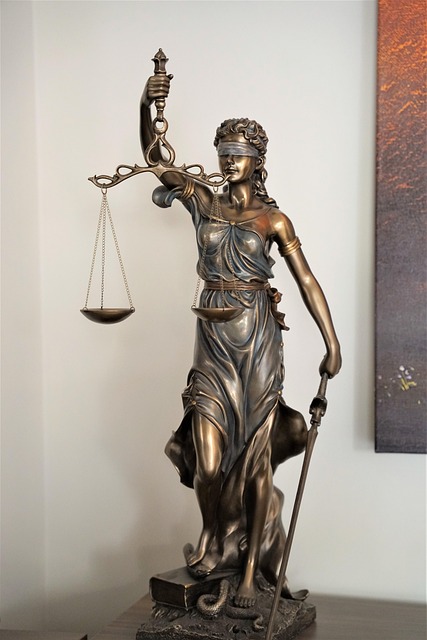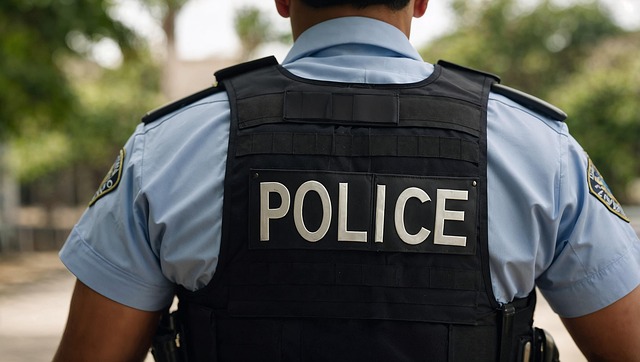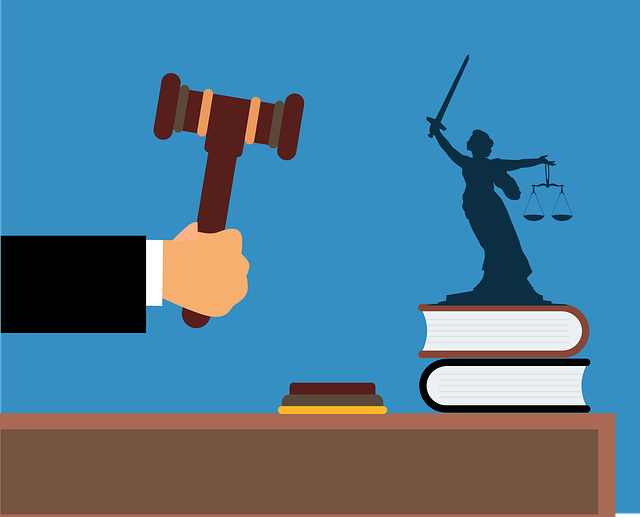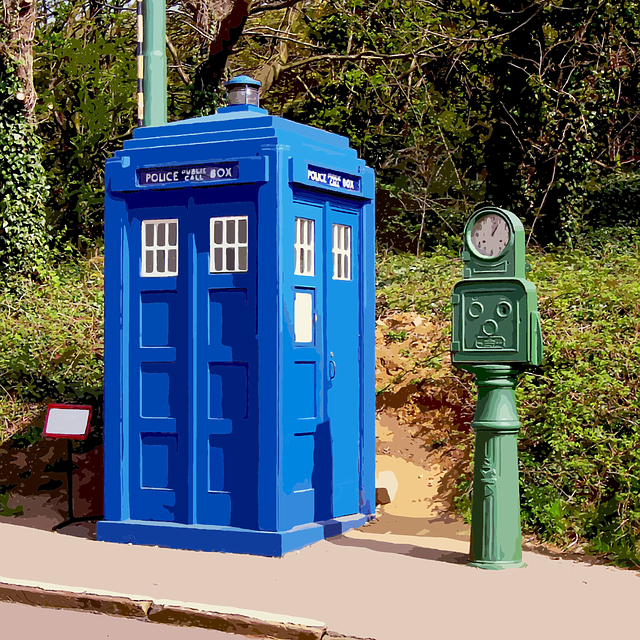Public corruption charges, involving illegal government conduct like bribery and fraud, pose severe legal and democratic risks. A Lawyer for Intellectual Property Disputes specializing in both corporate and criminal law is vital to navigate these complex cases. Their expertise in copyright, trademark, and patent laws, along with a strong criminal defense background, helps protect clients' rights, challenge evidence, and exploit legal loopholes. Despite global progress against corruption through stringent laws and successful prosecutions, the role of specialized lawyers remains crucial for ensuring justice and positive outcomes in white-collar cases worldwide.
Public corruption charges carry severe legal implications, undermining public trust and democratic institutions. Understanding these charges is crucial, especially for those facing accusations. This article delves into the intricacies of public corruption, exploring its definition, legal ramifications, and strategic defenses. We also examine global anti-corruption laws and their impact on intellectual property disputes, highlighting the critical role a lawyer specializing in such matters can play in navigating complex legal landscapes and protecting rights.
- Understanding Public Corruption Charges: Definition and Legal Implications
- The Role of a Lawyer in Navigating Intellectual Property Disputes Related to Corruption
- Key Elements That Constitute Public Corruption Offences
- Strategies for Defense Against Public Corruption Accusations
- Global Perspectives on Anti-Corruption Laws and Their Impact
Understanding Public Corruption Charges: Definition and Legal Implications
Public Corruption Charges refer to allegations of illegal or unethical behavior by public officials, such as government employees, politicians, and law enforcement officers. This can include acts like bribery, embezzlement, fraud, and abuse of power for personal gain or to influence official decisions. These charges carry significant legal implications, as they undermine democratic principles and erode public trust in institutions. When facing public corruption accusations, individuals often require the expertise of a lawyer for intellectual property disputes or other specialized legal areas to navigate complex regulations and potential consequences.
High-stakes cases of public corruption have garnered national attention across the country, highlighting the need for robust legal frameworks and diligent prosecution. The impact of these charges extends beyond the respective business or industry; they affect society as a whole, shaping perceptions of justice and transparency. Understanding the nuances of public corruption laws is crucial, especially in defending against allegations that can mar personal reputations and disrupt professional careers.
The Role of a Lawyer in Navigating Intellectual Property Disputes Related to Corruption
In the intricate landscape of public corruption investigations, a skilled lawyer for intellectual property disputes plays a pivotal role in navigating complex legal territory. These attorneys are well-versed in both corporate and criminal law, enabling them to guide clients through all stages of the investigative and enforcement process. Their expertise is particularly crucial when intellectual property (IP) rights are implicated, as these cases often involve sensitive information and high-stakes financial implications.
By leveraging their knowledge of copyright, trademark, and patent laws, these specialists can help protect their clients’ interests while ensuring compliance with regulatory requirements. They strategize defense mechanisms, gather and analyze evidence, and represent clients in jury trials across the country. Their goal is to mitigate risks, resolve disputes efficiently, and foster a robust defense that respects both legal integrity and the unique challenges posed by public corruption allegations.
Key Elements That Constitute Public Corruption Offences
Public corruption charges are a serious matter that involves several key elements. To be considered corrupt, an official or person in power must have engaged in acts that misuse their authority for personal gain. This includes soliciting or accepting bribes, misusing public funds, influencing official decisions to benefit themselves or third parties, and obstructing justice. These actions not only undermine the integrity of public institutions but also erode public trust.
When facing public corruption charges, it’s crucial to seek expert legal counsel, such as a lawyer specializing in intellectual property disputes who has an unprecedented track record in general criminal defense. A skilled attorney can help navigate the complexities of the case, ensuring that all aspects are thoroughly examined and that your rights are protected. They can also assist in building a robust defense strategy aimed at avoiding indictment by presenting compelling evidence, questioning witness testimonies, and leveraging legal loopholes to challenge the prosecution’s case.
Strategies for Defense Against Public Corruption Accusations
Facing public corruption accusations can be a daunting prospect for anyone, but with the right strategies in place, it’s possible to achieve a complete dismissal of all charges. Engaging the services of an experienced lawyer specializing in intellectual property disputes is a crucial step. These legal experts possess the knowledge and skills to navigate the complexities of corruption cases, ensuring that their clients receive a fair trial.
A robust defense strategy may involve thoroughly examining the evidence presented by prosecutors, challenging its integrity and admissibility, and exposing any inconsistencies or flaws. They can also focus on proving lack of intent, demonstrating that there was no corrupt motive behind the actions attributed to the defendant. For corporate and individual clients alike, a well-prepared defense can lead to a positive outcome, potentially resulting in the complete dismissal of all charges.
Global Perspectives on Anti-Corruption Laws and Their Impact
The global fight against public corruption has significantly evolved over the years, with various countries adopting stringent anti-corruption laws and regulations. These legal frameworks aim to deter, investigate, and prosecute corrupt practices within governments and state institutions. Many nations have enacted legislation inspired by international standards set by organizations like the Organization for Economic Co-operation and Development (OECD) and the United Nations Convention Against Corruption. This global perspective has led to a more unified approach in combating corruption across borders.
In terms of impact, these anti-corruption laws have proven effective in several ways. They empower law enforcement agencies to conduct thorough investigations, particularly in complex white-collar cases. The introduction of robust legal mechanisms has also encouraged the public to report corrupt activities with greater confidence. Moreover, successful prosecutions and winning challenging defense verdicts have sent a powerful message that corruption will not be tolerated, fostering a culture of integrity within societies. This global trend, coupled with the expertise of a lawyer for intellectual property disputes or white-collar defense, can significantly influence the outcome of jury trials, ensuring justice is served.
In navigating complex public corruption charges, seeking legal counsel from a seasoned Lawyer for Intellectual Property Disputes is invaluable. Understanding the intricate definitions and legal implications of these accusations, as outlined in this article, empowers individuals to employ effective defense strategies. By examining key constitutional elements, international anti-corruption laws, and successful defense approaches, individuals can better protect their rights and mitigate potential consequences. Engaging a specialist lawyer who can guide through these disputes is a crucial step in ensuring fairness and upholding the integrity of intellectual property rights.






